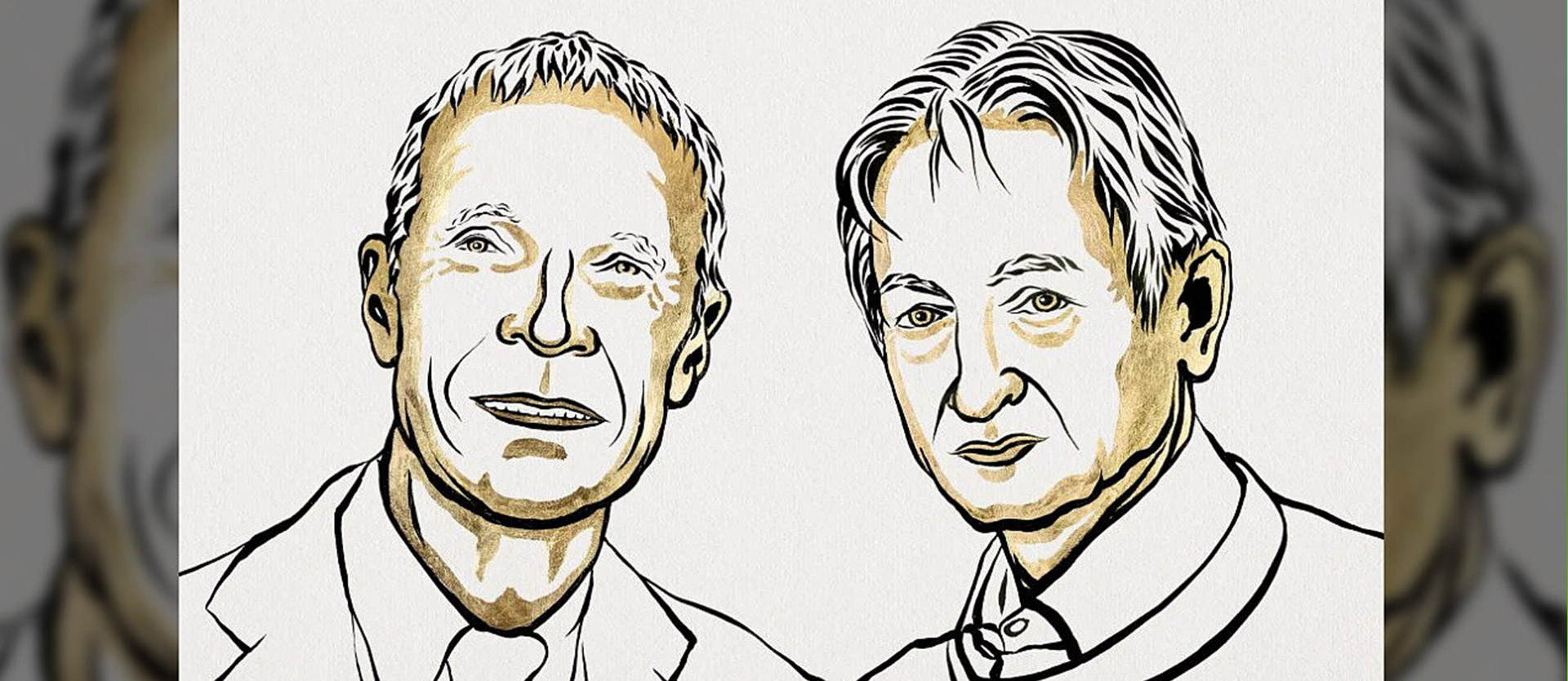
Artificial Intelligence and Its Foundations
The 2024 Nobel Prize laureates in physics

Our brains operate with nerve cells, or neurons, that process information and learn by adjusting their connections. Artificial neural networks function similarly. They consist of nodes that are interconnected and learn by adjusting these connections. This is the basis for machine learning, which has been researched since the 1940s. However, the breakthrough only occurred in the 1980s, thanks to the work of Hopfield and Hinton.
In 1982, John Hopfield developed a model known as the "Hopfield network." It demonstrated how artificial neural networks can store data by recognizing patterns rather than storing each piece of information individually. For example, such a network can recognize an image without analyzing each pixel. In this way, Hopfield took the first step toward teaching computers to learn like our brains do.
Geoffrey Hinton improved upon this concept and developed the so-called "Boltzmann machine." This network could not only store data but also discover new patterns within the data. Hinton went further, creating deeper neural networks layer by layer, which we encounter in many AI applications today. These networks analyze complex data, whether for facial recognition or product recommendations in online shops.
The discoveries of Hopfield and Hinton have led to AI being able to learn and assist us in many aspects of life today. Thanks to their research, AI systems can not only analyze data but also make intelligent decisions. Their work illustrates the critical importance of foundational research—and how this research shapes our everyday lives today.












